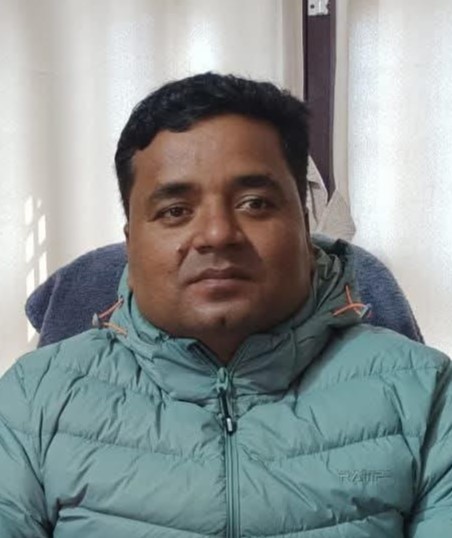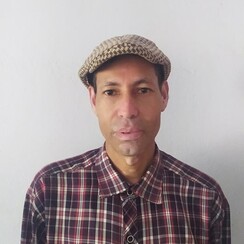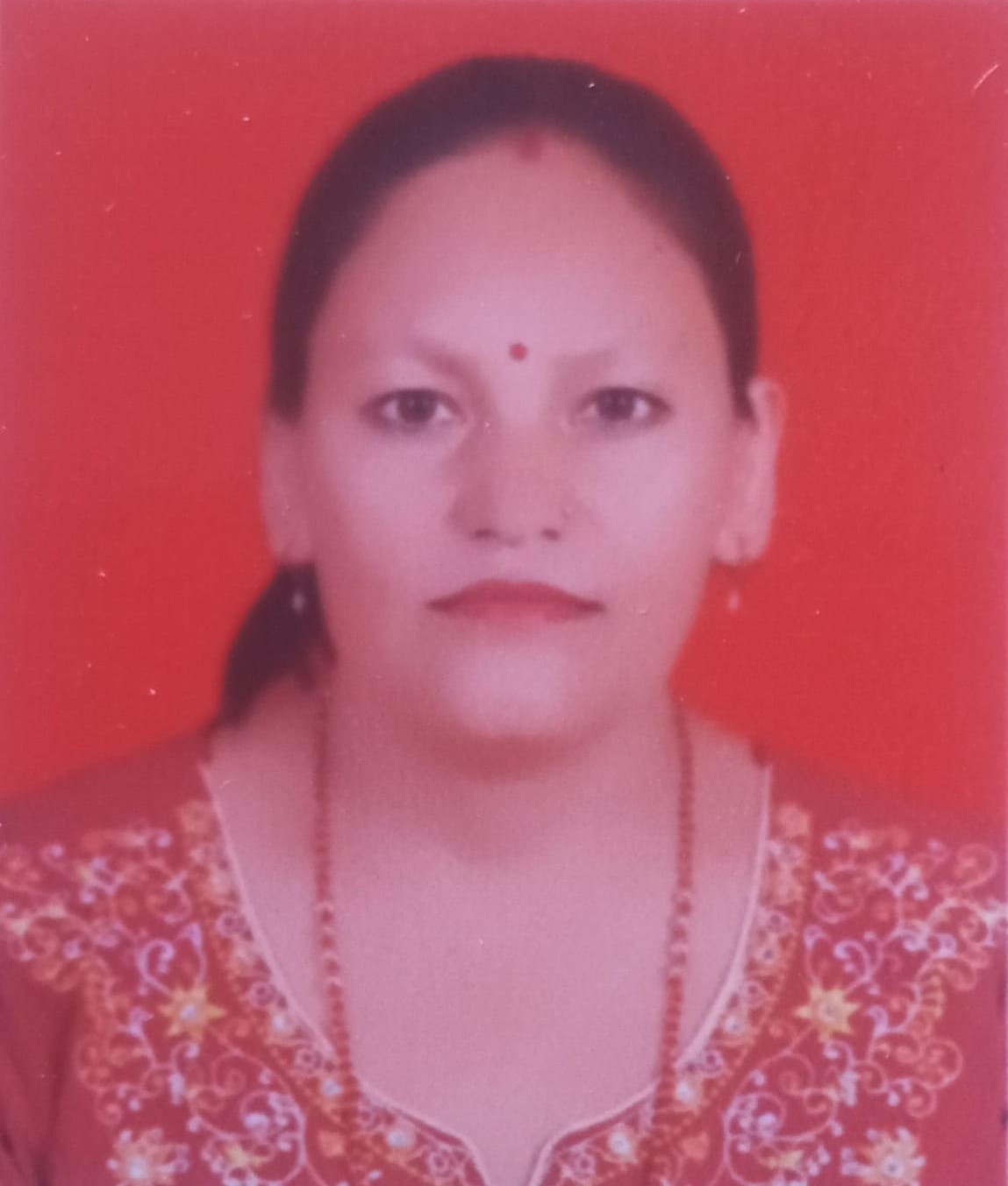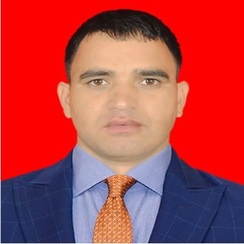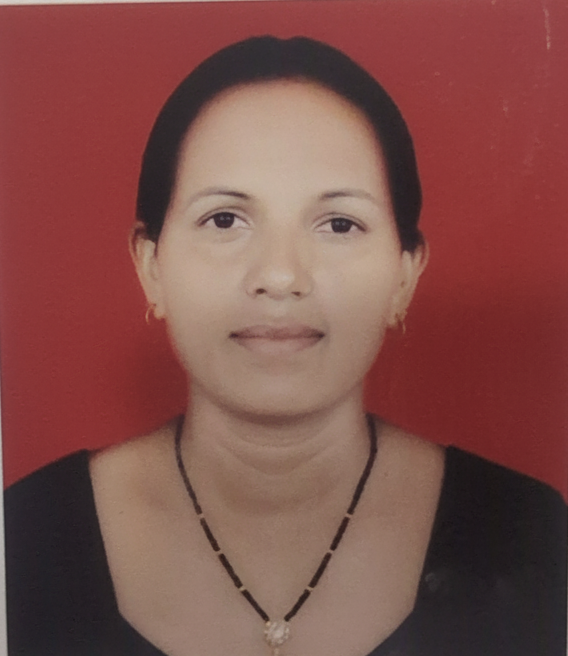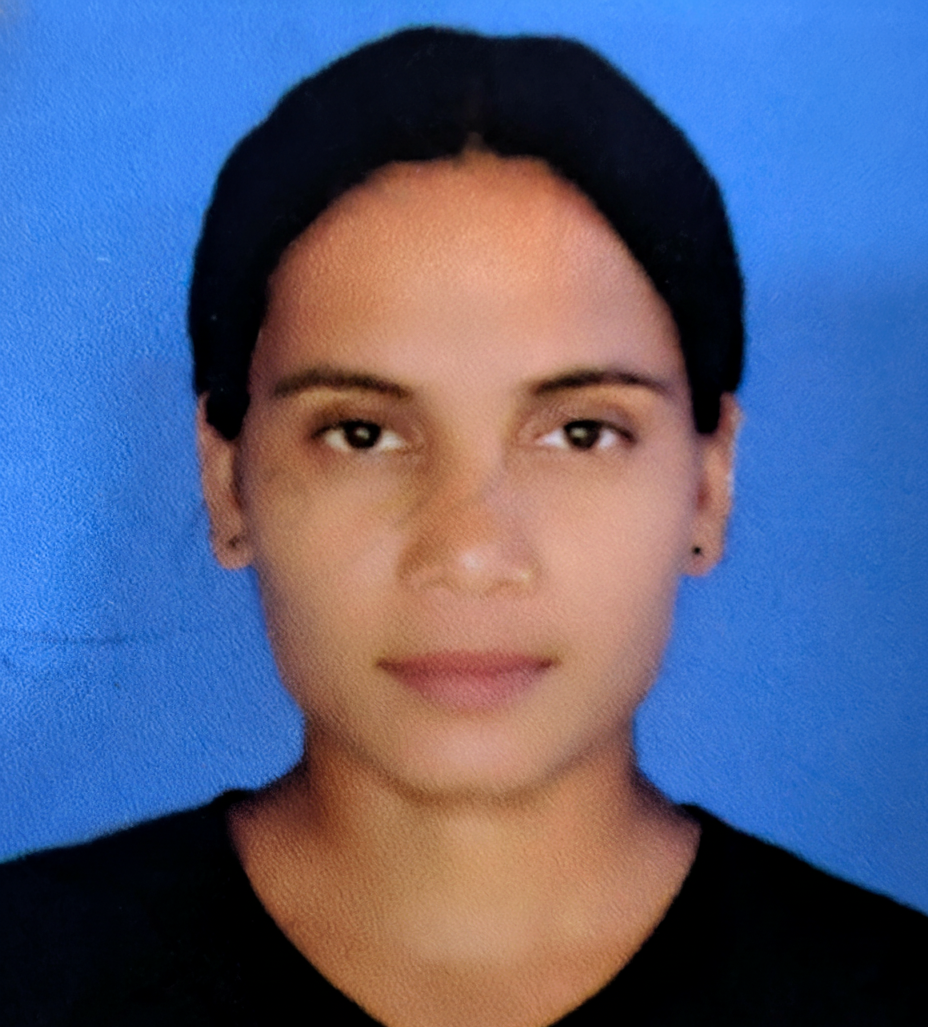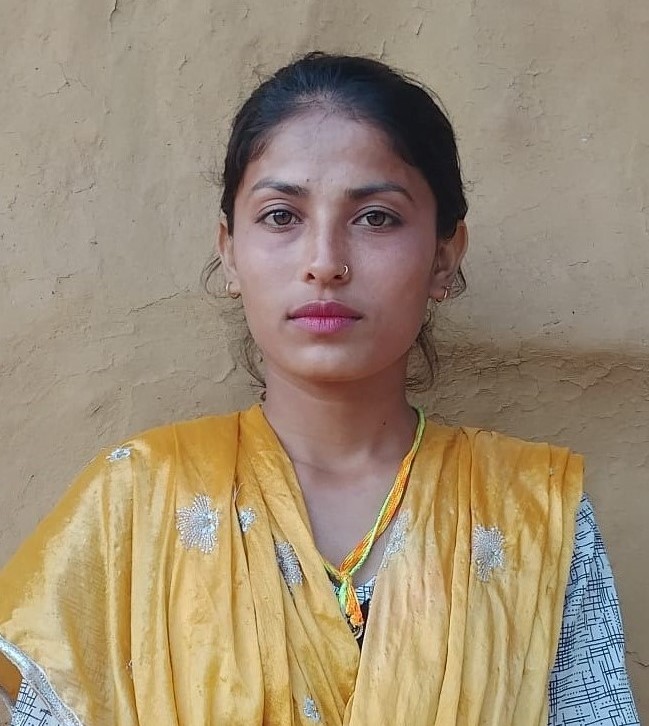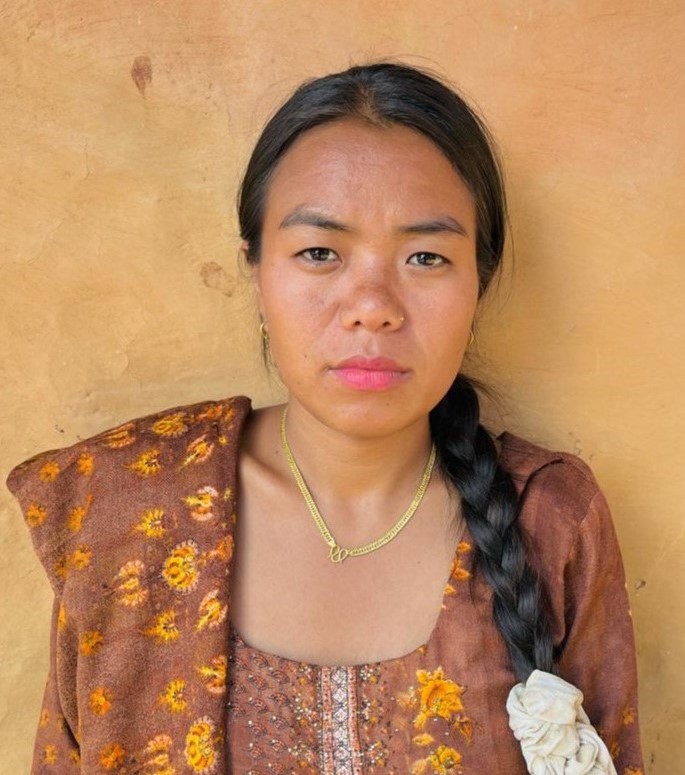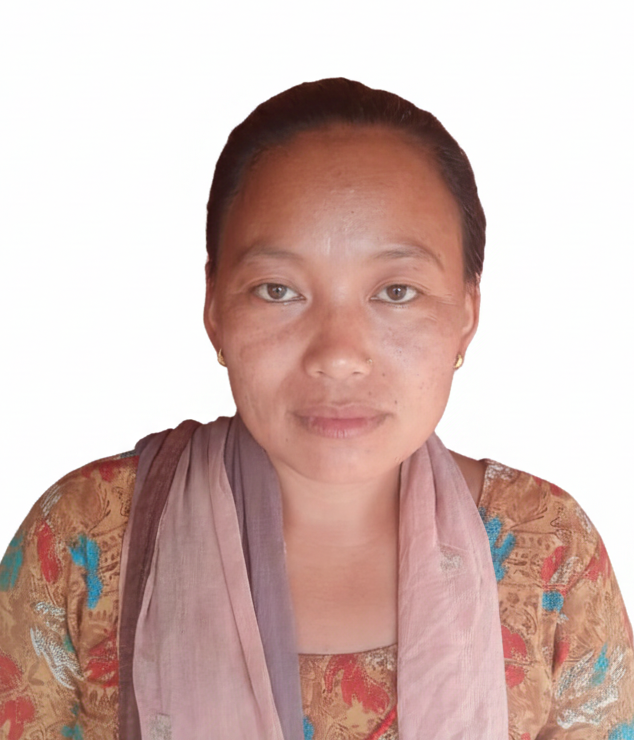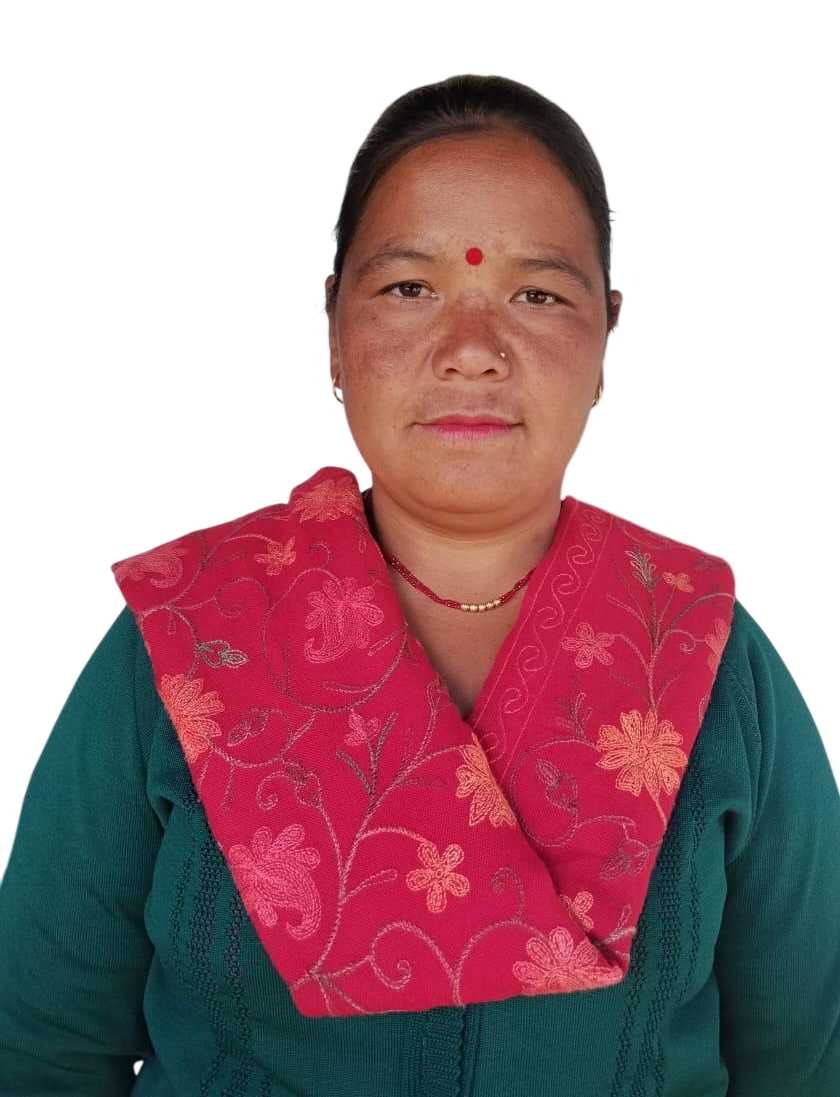·
Started
its first Project - SEACOW in Kandrang Watershed Area, Lothar Village
Development Committee (VDC) of Chitwan, support from Flemish Individuals in
Belgium
·
Establishment
of EcoNepal vzw (EN), a support group in Belgium
1993
·
Establishment
of Stichting EcoSchool in Nepal (SEN), a support group in the Netherlands
·
EN
& SEN jointly start supporting SEACOW
1994
·
Oxfam
UK/I (Oxfam United Kingdom and Ireland, now Oxfam GB) supports part of SEACOW
activities
1995
·
Emergence
of Kandrang Chepang Community (KCC) in Lothar
1996
·
Conversion
of SEACOW's NTFP enterprise promotion wing to Alternative Herbal Products
(AHP)
1997
·
Termination
of Oxfam UK/I funding
·
Establishment
of Alternative Herbal Products (AHP) in order to promote NTFP-based
community enterprises
1998
·
Started
Praja NTFP Action Research Program (PNARP) in 5 adjoining VDCs of
Lothar under PCDP/ SNV-Nepal (Netherlands Development Organisation/Praja
Capacity Development Program) funding; emergence of Chepang Cooperative
(Praja Cooperative Ltd/PCL) through PNARP in Chitwan
·
Beginning
of Sustainable Livelihood Program (SLP) in 5 VDCs of southern Achham in the far
west region of Nepal under LLINK/Helvetas (Linking Local Initiatives to New
Know-how/Swiss Development Organization) funding
2000
·
Merger
of PNARP components and Resource and Awareness Enhancement Program (RAEP) of
Lothar as Chepang Interest Program (CIP); started process of handing
over the work to KCC; EN & SEN support continues
·
Termination
of SEACOW-PNARP program with PCDP/SNV-Nepal
·
Incorporation
of Participatory Bio-mass based Soil Enrichment Program (PBSEP) in SLP
·
Beginning
of Forest Rights Program (FRP) in 3 districts (Udaypur, Siraha and Saptari
districts) in Churia range to support CFUGs and local NGOs on community
forestry under ChFDP/GTZ (Churia Forest Development Project/German
Technical Cooperation)
·
Beginning
of Southern Achham Comprehensive Contraceptives Program (SACCP) in SLP area
under World Population Institute-USA funding;
·
Initiation
of f Uterine Prolapse program with funding from GTZ-Nepal in Accham district,
far-west region, Nepal
2001
·
Emergence
of Dalit Empowerment Committee (DEC) in Achham due to the intervention of SLP
·
Emergence
of Bael (Aegle marmelos) fruits processing enterprises in Siraha and Saptari
districts for the first time in Nepal under FRP/ChFDP
2002
·
Beginning
of the second phase of SLP in Achham with joint financial support
of Fastenopfer (The Swiss Catholic Lenten Fund) and LLINK/Helvetas;
process of handing over SLP's work to DEC started
2003
·
Handover
of SEACOW's work and Wasbang Farm to KCC; technical support to KCC continues;
EN & SEN support continues
·
Handover
of SLP's work in southern Achham to DEC; adoption of fast track route from
Surkhet to complete the takeover process by DEC; closure of SLP's field-based
activities due to increasing control of the rebellions in the area
·
SLP
supported 10 LLINK's partner NGOs to take up the issue of uterus prolapse and
agriculture in Surkhet district
2004
·
SLP
started supporting 18 LLINK's partner NGOs in Dailekh, Jajarkot and Doti to
disseminate its experiences of working in southern Achham and support on
taking up the issues of social justice, uterine prolapse as one of the entry
point to gender discrimination issues and community forestry/NTFPs with joint
funding from Fastenopfer and LLINK/Helvetas
·
Termination
of ChFDP/GTZ funding and phase out of FRP
2005
·
Beginning
of Women’s Reproductive Rights Program (WRRP) in Siraha and Saptari districts
with the financial support of Fastenopfer
·
Beginning
of Chepang Mainstreaming Program (CMP) in Chitwan, Makwanpur, Dhading and
Gorkha districts with technical support to Nepal Chepang Asociation (NCA) on
the theme of education under ICCO-the Netherlands funding; CIP continues with
EN & SEN support
·
Collaboration
with ,RSDC, one of LLINK's partner NGOs, to take forward the issue of
uterine prolapse in Banke and Bardiya districts
2007
·
Closure
of field-based community forestry/NTFP activities in Dailekh, Jajarkot and
Doti due to political armed conflict situation;
·
Collaboration
with RSDC ended due to phase out of Fastenopfer and LLINK/Helvetas
support
·
SLP's
support to LLINK partners in Achham started on the issues of uterus prolapse
and gender discrimination and caste-based discrimination
·
Phase
out of CMP
2008
·
Beginning
of Karnali Livelihood Empowerment Program (KLEP) comprising of two
components- Dhainakot Livelihood Empowerment Program and Local NGO Support Program
in Mugu with the financial support of Fastenopfer
·
Completion
of the first phase of WRRP in Siraha and Saptari districts;
·
CIP
continues focusing on the issues of 'education for all Chepangs' with
technical support to NCA and KCC undertaking program with 4 schools in
Chitwan, Dhading and Gorkha as model schools;
·
Beginning
of technical support to LFS (Little Flower Society) in Makwanpur on the issues
of Chepangs' education
2009
·
Beginning
of the second phase of WRRP
2010
·
End of
inception phase of KLEP
·
Beginning
of Women’s Reproductive Rights Program-West (WRRP-W) in Surkhet and
Jajarkot districts with the financial support of Asian Aid
Organization (AAO) Australia
2011
·
Beginning
of the first phase of KLEP
·
Completion
of the second phase of WRRP
2012
·
Beginning
of the third phase of WRRP
·
WRRP
started widening UP issues to outreach districts such as Sunsari, Mahottari,
etc.
·
Widened coverage
of WRRP-W to Dailekh district
2013
·
Completion
of the first phase of KLEP
2014
·
Beginning
of the second phase of KLEP
·
Completion
of the third phase of WRRP
2015
·
Beginning
of a brand new version of WRRP with base districts Sarlahi and Khotang
2016
·
Completion
of the second phase of KLEP
·
Beginning
of Women, Girl and Child Rights Program (WoGCRP) built on WRRP-W
2017
·
Beginning
of phase-over of KLEP in Mugu
·
Widened coverage
of KLEP to Dolpa district (phase-in of KLEP in Dolpa)
2.
Traditional agricultural solidarity group (Parma
Samuha) based multi-purpose cooperative and agroecological transformation
approach
3.
School based children and girls rising
approaches
4.
Child focused community development (CFCD)
approach
5.
Women/girls' empowerment making pelvic organ
prolapse (POP) as the entry point
6.
Holistic approach integrating sustainable
livelihood strategies and human rights
7.
Do no harm (DNH), 'power with and within'
aspects integrated rights based bottom-up approach
8.
Agroecological transformation approach
9.
Collaborative action approach with local and
federal governments, media, CNGOs and stakeholders
10.
Evidence based collaborative advocacy, youth-led
activism, campaign and networking
11.
Zero-tolerance approach to fraud and corruption









